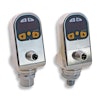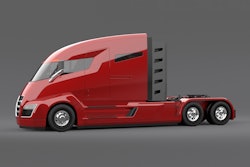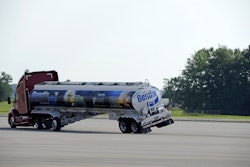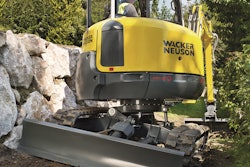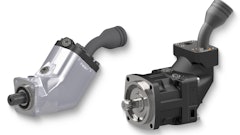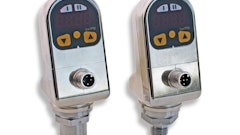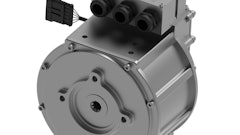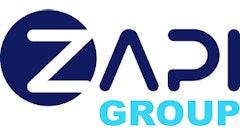Proterra, the market leader of zero-emission, battery-electric buses in North America, has announced a new battery design for the Proterra Catalyst XR transit vehicle at the American Public Transportation Association Bus and Paratransit Conference (APTA), a gathering for U.S. transit agencies to showcase the best innovations in mass transit. Within the same energy storage footprint as the original Catalyst XR, the battery-enhanced vehicle now holds 28% more energy at 330 kWh and features a best-in-market lightweight vehicle body. All current Catalyst XR customers will receive a complimentary upgrade to the higher energy level.
“Our goal is to enable a complete replacement of fossil-fueled transit vehicles,” says Ryan Popple, CEO of Proterra. “By steadily improving the range and charging capability of our purpose-built EV transit vehicles, we’re broadening the market for EV transit very quickly, enabling more cities and more routes to go Zero Emission sooner.”
Since establishing its state-of-the-art battery-engineering lab in Silicon Valley, Proterra has attracted world-class engineers from leading technology companies to design batteries specifically for heavy-duty EV transit. With extensive background in mechanical, electrical and battery systems engineering, the team architected a new Catalyst XR battery pack for optimal efficiency which now delivers additional range while remaining the lightest vehicle in its class.
“By increasing the battery’s energy density, the team was able to utilize the Catalyst vehicle’s purpose-built design and maintain its light weight,” says Gary Horvat, Chief Technology Officer at Proterra. “The improved Catalyst XR marks another step toward Proterra’s goal of providing a high-performance bus that can serve any transit route in the United States.”
The award-winning bus has already achieved the best efficiency rating ever for a 40-ft. transit bus at 22 MPGe. Nearly six times more efficient than a diesel or CNG bus, the Catalyst is also significantly more energy efficient per mile than the closest competitors’ electric bus. Other performance benefits of the Catalyst XR2 include:
- Longest nominal range: capable of traveling a maximum of 194 miles on a single charge, based on Altoona efficiency measures. Actual mileage will vary with route conditions.
- Lightest weight: at least 2,000 lbs. lighter than any other 40-ft. battery electric bus on the market, while being more efficient.
- Designed for safety: Catalyst vehicles are purpose-built and engineered for the safest location of batteries—outside of the passenger compartment. The batteries are temperature-controlled and incorporate both active and passive safety systems, with ruggedized, reinforced battery packs that are further separated from passengers by a heavy-duty structural barrier.
Transit agencies interested in assessing route-specific range along with the cost savings, performance and environmental benefits of the updated Catalyst XR, can now receive accurate system-level data with the new Proterra EV Simulator, which will be on display at booth 631 during the APTA conference.


